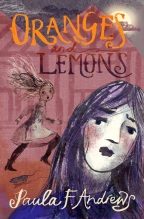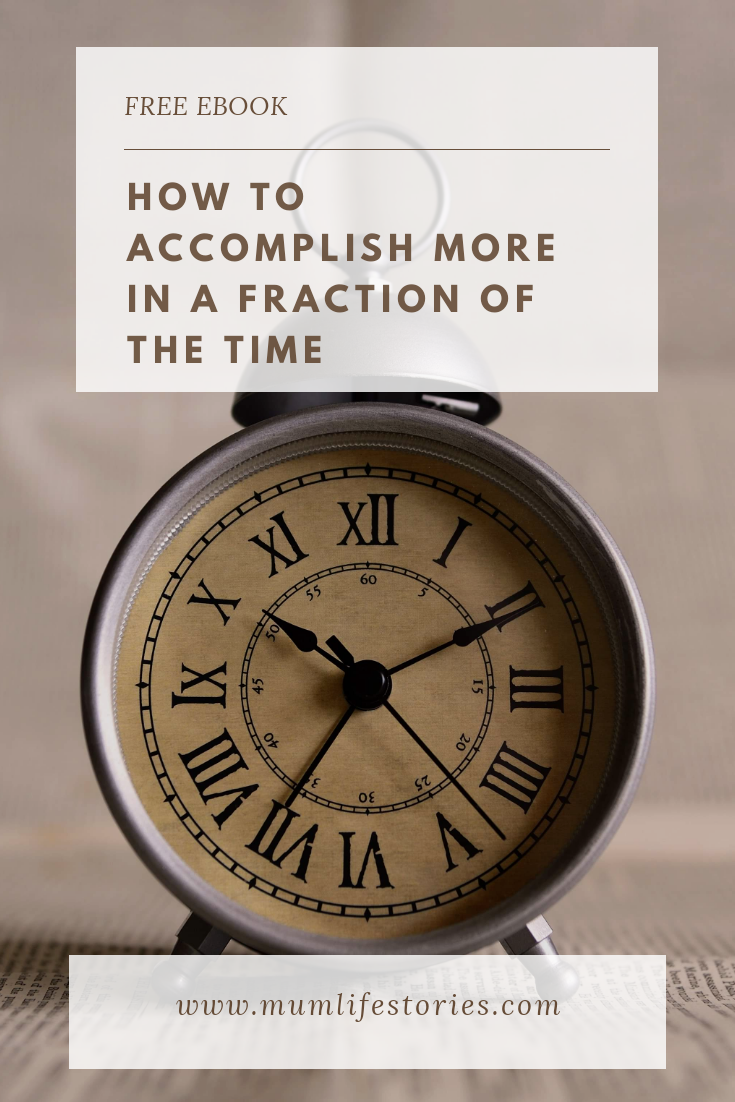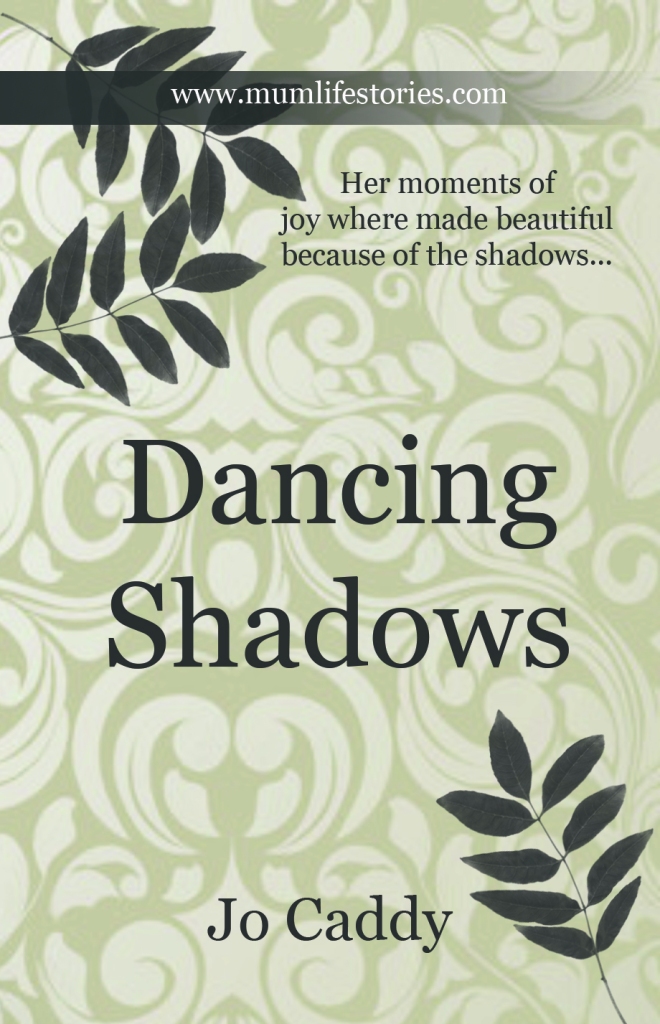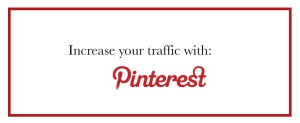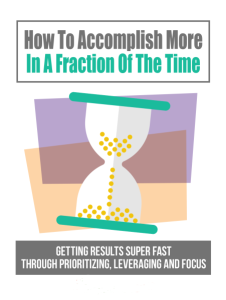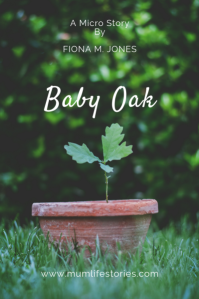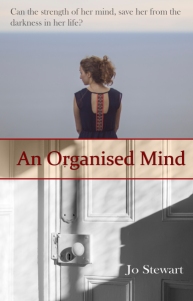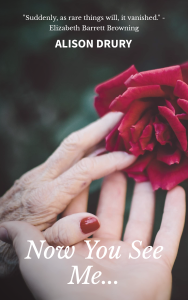I would like to thank Paula Andrews from the UK for her short story submission ‘Water’. A relatable fictional story, based on true events, reflecting the inner world of a mother suffering from mental health issues.
Around the world it’s World Mental Health Day today (or yesterday for us Aussies!) and where I live in QLD, it’s mental health week. I believe depression, anxiety and other mental health conditions are a a bigger part of many people’s lives than we know or can even fathom. Motherhood in particular can be an emotionally draining rollercoaster at times and many of us can suffer in silence for years, believing that no-one understands or could ever help us out of the dark abyss that threatens to steal every moment that was meant for joy.
But there are people who understand, those who have been there, those who are still there and those who may be there in the future. There’s no easy cure for mental illness but there is help. If you suffer from depression, anxiety or any other mental illnesses, please seek help through your local helpline. If your in Australia, Lifeline is a great resource if you’d like someone to talk to. Their number is 13 11 14.
Don’t suffer alone. From someone who has been there ‘there is a light at the end of the tunnel.’
Paula Andrews was born in Yorkshire (origin: England) and has lived in Scotland for 29 years. She is married to a Glaswegian and has two grown-up children (21 and 19 years) both born in Glasgow. She worked as a midwife for twenty-two years; having owned her own craft business, has taught arts and crafts to blind people and has been writing seriously for around eight years. She published her debut novel for teenagers (and adults) early this year, just before lockdown commenced! It is a time-travel ghost story called Oranges and Lemons, crossing modern day with the 1860s.
Paula tells us “I have had work published in Aquila magazine, Scribble magazine and Scottish Memories magazine and have taken first place and other placings across various genres in writing competitions at the Scottish Association of Writers and within my own writers’ group, Strathkelvin Writers’ Group. I have a website and blog dedicated to my writing, which can be found at www.paulaandrews.co.uk“.
This page contains affiliate links which may earn me a small commission (at no extra charge to you) should you click through and make a purchase. Affiliate links are how I keep this blog running, thank you.
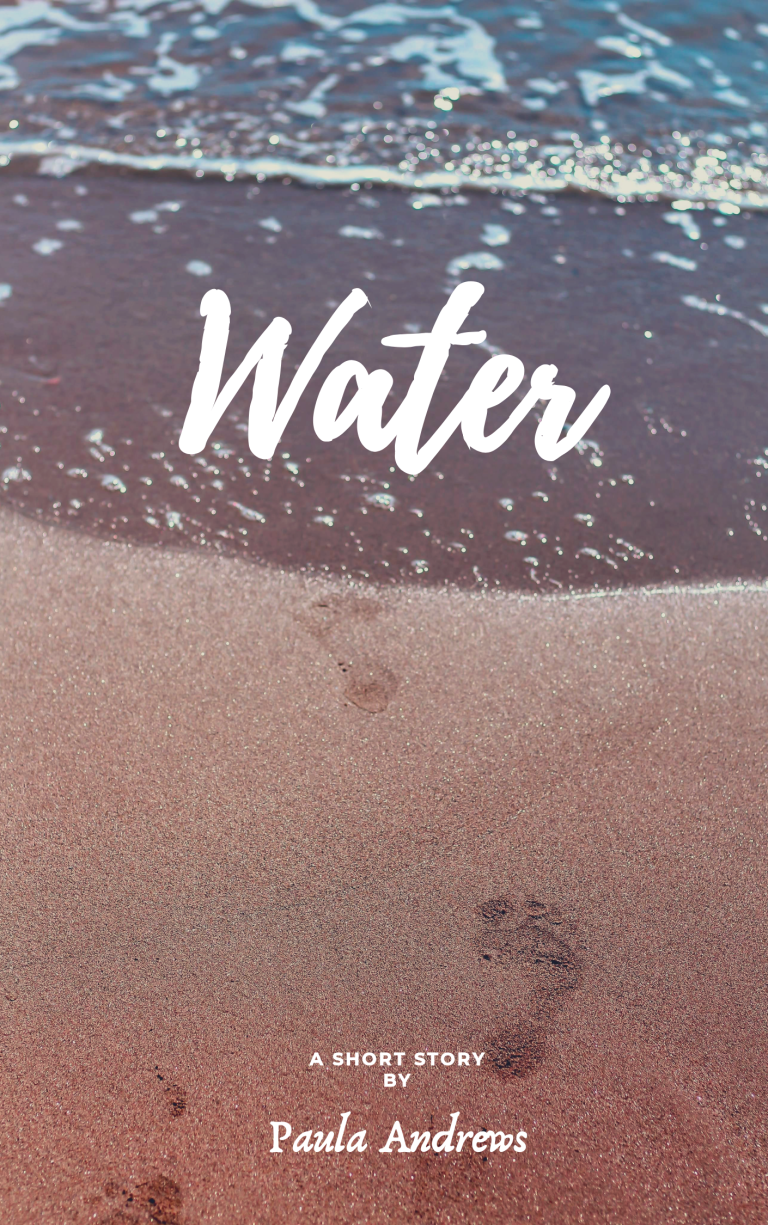
Photo by Blanche Peulot on Unsplash
WATER
She hangs the small pink mac on its peg; she knows it’s the right one from the picture card on the wall, displaying a solitary polar bear. Ellie runs away from her. Excited. She’s running towards her favourite thing at the crèche: the water tray. She’ll pour and splash for as long as they’ll let her. A water baby. Like her. Solitary. Like her, too. They’ve identified this as being problematic, on several occasions, in reproachful tones, which annoys her.
“She needs to play with the other children. And share. Can you work on this at home?”
Suzie sees her daughter skip through the swing doors without looking back and feels a stab of sadness in the bottom of her chest. Little Ellie is happy yet surprisingly tuned in to her mother’s mood. Suzie knows Ellie doesn’t believe her when she says:
“I’m fine, Ellie.”
Because Ellie asks. Often.
“Are you sad, Mummy?”
“No, I’m not sad, baby.” Usually, those five words are all she can manage. It feels to Suzie, the less she speaks, the less she lies.
Sam is at school. Two years Ellie’s senior. They say he’s an old man in a wee boy’s body. My fault, Suzie thinks. She sees it as a negative trait. Another solitary child. How could they be anything else when she’s that way? She should’ve taken him to more classes; art, gymnastics, Little Nature Lovers, everything time would allow, maybe. Well, money wasn’t really an issue. But money hadn’t magically cloaked him with an aura of cordiality at toddler group twice a week. She’d felt bemused when she’d watched him choose his play space: always a couple of metres away from the other children. He’d selected his toy and carried it off, looking back at the group; seeming to measure with his footsteps as he walked. Content with his chosen spot, he’d settled and played with that one toy for the entire session.
Nevertheless, school seems to be changing him. She feels a detached satisfaction when she watches him run up to his friend, Leo, in the playground each morning.
On this morning, she drives home, barely observing the traffic, not using her mirrors. Staring ahead, feeling still but heavy; calm but sad. Sadder than she can even think about. There is no sound inside the car. Her senses seem flattened. Squashed between two heavy mattresses.
At home, she fumbles with the house keys. For a minute she can’t remember which is the right one. It annoys her. She sighs and lets her arms drop by her sides. She sighs again and a wave of melancholy washes up from her tummy to her scalp and she’s glad of it. A feeling, however bad. Something that makes her real; not some automaton stumbling through this interminable cycle of life: feeding children; a spousal ‘have a good day’ on John’s way out the door each morning; school run; tidying up; washing pots; laundry; two pocket-money hours in the village bookshop every day; and sleeping, but never properly. The keys drop from her limp hand and when she bends to pick them up her knees are wobbling and she nearly keels over.
She gets inside and sees so many obstacles. Slippers, a bouncy ball, John’s trainers, the tools he fixed the waggly door handle with last night; Ellie’s teddy lies forlornly on the stairs. She relates to the teddy: bedraggled, her clothes slightly askew like its ribbon, her hair and nails a bit grubby like its fur. She could lie beside it at an angle on the stairs and she wouldn’t care. She’d lie there all day. She’d stay there when the phone rang. She’d listen to the message on the answerphone:
“Mrs Peters, Ellie’s here, waiting to be picked up. Can you call the crèche as soon as you get this message?”
She wouldn’t move. Not during the message. Not after the message. Perhaps the teddy would turn and look at her, accusingly. Perhaps he’d growl and say:
“Aren’t you going to answer that? That’s my Ellie you’re neglecting.”
But instead of lying beside the teddy, she opens the kitchen door. In here, it’s clean and tidy. She filled the dishwasher and wiped the surfaces before the school run. She walks to the sink and turns on the cold tap. The sound of water settles her; it makes her feel clean and refreshed. She runs a bowlful and presses her hands to the bottom. She feels scratch lines radiating across the grey plastic. The dripping tap plinks as she examines her fingernails which are not grubby after all; she just feels that they are. It is so difficult to keep anything clean: the children, the house, herself. Everything feels messy, cluttered, disorganised; her thoughts, muddled; her sleep, disjointed and broken. A miniature bubble forms on the back of one hand then dashes to the surface and pops. I’m going to do that, she thinks. Rise up, all of a sudden and…burst. Unless…unless…

Get a Kindle Unlimited FREE Trial Here
Her nose prickles and a tear forms in the corner of her right eye and swells rapidly, building into something monstrous like a tsunami. It’s still there, threatening to spill over. The left eye is starting too. Funny how tears form in one eye first. She looks out of the window into the garden but everything is dull and blurry. Like her sense of place. She can’t distil her purpose into anything meaningful. She can’t see the way forward to the bright future of fulfilment. She can’t battle herway out of the black mire she’s trying to wade through.
John will know what to do. John, ever loving, ever kind, ever thoughtful, ever, ever, ever, so much it suffocates her sometimes.
Please phone, John. Tell me what to do.
But John will ask if she’s taking her medicine and she’ll have to lie. Because the medicine makes her sooo tired.
John is busy; always in meetings. Please phone, John, she urges. She needs to hear his voice but the phone doesn’t ring and Suzie doesn’t move. Her hands are getting chilled; the ache is rising to her wrists. She looks at the ugly blue pipe of a vein with its jagged junctions. She lifts her hands out of the water and lets them drip on the floor. She looks around the kitchen. It’s a good kitchen. The children’s drawings are stuck neatly in a grid pattern on one wall and she hears Ellie’s voice:
“Mummy, I’ve painted the sea for you. Because you love the sea, don’t you, Mummy?”
The painting didn’t really look like the sea. It was a dark mass of flaking black, navy and grey with a swish of ultramarine at the edges where the colours hadn’t merged.
When the phone did ring, it wasn’t John. It was the school, with their usual opening message.
“It’s Carol Brown from the school office. Don’t worry, Mrs Peters, there’s nothing the matter with Sam. I’m just calling to check if you have Ellie’s birth certificate. We don’t seem to have received it when you brought her for enrolment. Do you think you could bring it in and we’ll copy it?”
“Yes, yes, okay, I can do that,” Suzie mumbles, dabbing her eyes. Her voice sounds stilted. She clears her throat with a cough then puts the phone down.
Did she say birth certificate? Or baptismal certificate? Birth, baptism, both connected with water and the flow of liquid.
“Water. I need water,” she says. This time her voice is clear and Suzie thinks it sounds loud and intrusive in the house. She tries it again. Just one word.
“Water.” She remembers she hasn’t spoken out loud for some time. Breakfast this morning had been hurried, the children both chattering and clattering. John had been in a hurry too.
“Early meeting,” he’d said, kissing her on the cheek and striding, carelessly, obliviously, thoughtlessly to the door. “See you tonight, honey. Bye, kids.”
The sound of her voice seems to spur Suzie into action. She looks at the clock. Nine-thirty. If she leaves right away, she’ll have time to get back.
She has purpose now and it feels good. Everything here reminds her how crowded her life is. On the stairs, Mum’s gloves, left by mistake. On the spare bed, a tote containing John’s sister’s birthday present. Ellie’s room, stuffed full with bags; Ellie loves bags. She is always playing weird, solitary games which involve going on a trip and her bags contain random objects. Suzie picks one up. Green sparkly backpack, covered in sequins which are always littering the house, turning up in the strangest places: in John’s socks, trapped between the dinner plates, stuck on the outside of a jam jar in the fridge. Inside the bag are a wooden train (pilfered from Sam), a fabric flower, scrunched paper, a toy banana and a single stripy sock stuffed with plastic animals. God knows what flight of imagination this cornucopia of Ellie’s means. Only Ellie knows that.
She moves to Sam’s room. His is more orderly: space books stacked on his chest of drawers; a picture he’s doing of a comic-book hero; his pencils; an Edinburgh Castle ornament that Mum bought him. His dressing gown is a big lump like some strange creature on the carpet. Suzie leaves it there.
In her own room, John’s running kit makes a similar heap: he’d been out before work this morning. His jeans sprawl across the chair. On his bedside table are a collection of small toys waiting to be mended. From her own side of the bed, a mental health magazine lectures, soundlessly. He’d bought it for her. She doesn’t want it; its just being there makes her feel awful.
People want to intrude in her life all the time.
“I’m only trying to help, Suzie,” Mum said, impatiently, last week. “Because I love you. I think you should go and see Someone.”
Suzie isn’t sure who Someone is but she doesn’t want to see them, whatever flavour of psychologist, psychiatrist or counsellor they are.
She thinks of her brother, saying:
“Come to mine for a couple of days, Suzie. We’ll go out. Have a laugh. You can kip on my settee.”
The thought of going to Dublin is intolerable even though it’s kind of him to offer. Suzie can’t imagine anything worse for someone who already feels hemmed in. A few years ago, she’d have jumped at the idea. But now, it’s impossible. She’d suffocate.
She tries to swallow then she forces her voice through the lump in her throat.
“I need space. Don’t they understand? More space than they can give me. I’m a solitary person and I need to be alone. At least for a while until I can think and concentrate. I need to be away from here, away from all the noise and the mess and the confusion and all those voices and demands and opinions.” Her throat aches.
She leaves her phone on the kitchen table. When she starts the car, she isn’t sure where she’ll go. First, she’ll drive. Then she’ll keep driving. She needs to get far away.
At four o’clock, she reaches a suitable place and she sits on the beach and listens to the sea. She’s free. She feels light. The freezing wind blows through her hair and her thoughts become clear. I’m solitary and free, like a polar bear. She thinks of Ellie’s peg at the crèche.
Ellie, she thinks. Ellie and Sam. Someone’s children.
She takes off her shoes and socks and leaves them on the beach. She needs to feel the water, bathe her toes. It’s cold. It’s good. It’s strong. It isn’t enough. She lifts her feet, one, then the other. They suck out of their sandy sockets. She wades forwards. A water baby. Like Ellie. Solitary too. Just like Ellie.
Thanks
Thank you for reading this blog, if you’d like to submit a story for consideration to be published, please visit our submissions page.
If you’d like to keep up to date with all the latest stories, news, promos (including writing competitions and giveaways) plus receive a FREE Ebook, sign up to our mailing list here or fill in the form below.

